
Diana Weber
Lawyer of international law
Rating:
4
November
Obtaining Estonian Residence Permit for Foreigners
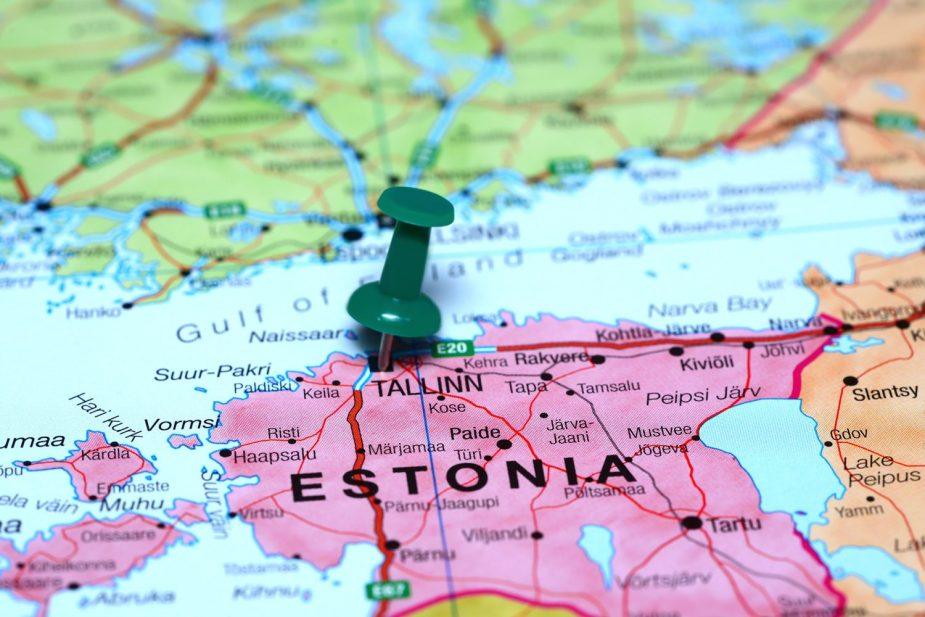
A residence permit in Estonia is a document that allows to stay in the country from 6 months to 5 years with the right to extend this period. You can apply for residency for one of the reasons specified in the Välismaalaste seadus Act of December 9, 2009, e.g., when concluding an employment contract with an Estonian company, starting your own business, enrolling in university, moving in with close relatives or by marriage.
The Republic of Estonia is a member of the European Union, so with a local residence permit you also get EU residency with all its advantages. You can travel in the Schengen zone without opening a visa, represent commercial interests in the European market, officially work, receive help and support from the state. In the future, you can apply for an Estonian residence permit with permanent validity and a passport by naturalization.
Estonia does not particularly support the mass influx of emigrants, so it limits the annual issuance of residence permits for foreigners. In order to ensure that you get the necessary immigration document, it is worth enlisting the support of international law specialists Immigrantinlaw.
The Estonian temporary residence permit is a rectangular card with chip data, a photo of the holder and basic information about the holder and the document itself (e.g., issue and validity period). In 2026 with it you get the following rights and benefits:
Submit an application form and we'll get back to you!
To open an Estonian residence permit, on average, you need to spend about half a year. This period includes preparation of documents, waiting for the reception in the authorities, consideration of the application, production and delivery of the document to your country. With a residence permit you can move to the country, extend it, if there is still a reason to live in the country, after 5 years to request a residence permit card, and after 8 years - citizenship by naturalization. You can obtain a primary temporary residence permit on the grounds listed below.
Shareholders of local companies, sole proprietorships and startup entrepreneurs can obtain a temporary residence permit in Estonia. The amount of capital in your possession must be from 16 000 EUR for sole proprietors or from 65 000 EUR when buying securities of operating organizations. You must also have a monthly income of 600% of the subsistence minimum - 1200 EUR in 2024.
For start-ups it is important to obtain approval from a special commission, which checks whether your innovative plan of the company corresponds to the development of the Estonian business environment. You need to earn an income of 800 EUR per month and own a share in the company you plan to start. Businessmen enter data about the company or sole partnership in the commercial register, which is confirmed by documents.
The right of residence in Estonia for a five-year period is granted to those who are ready to invest EUR 1 million or more in a local company or investment fund. It is also important to have a monthly income of 6 times the minimum subsistence level (1200 EUR) and not to withdraw funds while the residence card is valid. At the same time, as a sponsor you can change the final recipient of your investments, for example, redirect them to another company, without the risk of losing your residence permit. The fact of investment of funds must be confirmed by appropriate documents.
To move to Estonia for a residence permit in the long run can those, who will get working contact with a local company. You can only get a job if the organization has been looking for employees among the citizens of the country and the EU, but no one is interested in the vacancy. There are also annual quotas for immigrant employment, which is monitored by the local unemployment fund. You need to prove that you have a diploma and experience in your specialty, as well as pass a medical examination.
You will be granted an Estonian residence permit only if your salary is 2100 EUR per month or more (the national average). Simplified conditions apply to representatives of certain professions, such as teachers, athletes, artists, accredited journalists, church ministers. They do not need to get approval from the unemployment fund, and the expected income can be equal to the minimum income in the country (from 820 EUR per month). In any case, the fact of employment must be proved by a relevant contract.
You can move to Estonia if you have close relatives with a local passport, residence permit or permanent residence. Reunification is approved for legal spouses, minor children (or a child over 18 if they require guardianship), parents and grandparents (provided they are incapacitated).
You need to have a subsistence level income - your own or that of an inviting relative. Also, your family member must provide you with a place to stay. You need to confirm your family ties with birth/marriage certificates. The reunification procedure is initiated by the inviting party from Estonia.
Submit an application form and we'll get back to you!
If you study in Estonia for more than a year, you can apply for local residency. Educational institutions vary from school to university. Educational residence permit is also granted to trainees and those who participate in international exchange programs. It is important to have means for self-support in the amount of 800 EUR per month (1000 EUR - for minors) and to know the language in which the education will take place. It is possible to work with restrictions provided that it does not interfere with studies. The procedure for establishing residency is initiated by the host university by applying to the police authorities.
Estonia provides international protection to those who fear persecution at home, and this is justified by objective circumstances. For example, you are threatened in your home country on religious, racial or political grounds and your country does not take any measures. Refugees may be residents of countries where hostilities are taking place, such as migrants from the Middle East. In practice, not every application is approved. Applications are examined by law enforcement agencies on a case-by-case basis, and if the case with evidence proves unconvincing, the application is rejected.
The right of temporary residence in Estonia is also granted for:
In each case, the reason for the move must be proved with appropriate documents, e.g., an invitation from an Estonian scientific institute or a sheet of a seconded employee.
Citizens of the European Union have the right to reside in Estonia for an unlimited period of time. You can apply for an EU passport on the basis of ethnic or territorial affiliation within a period of 8 months or less, and you do not need an income certificate, language certificate or prior residence abroad. Immigrantinlaw lawyers will explain the details of the simplified program during a free consultation.
You can count on residency in Estonia if you have a reason for moving to the republic and you can prove it with documents. The following are also mandatory conditions:
After obtaining an Estonian residence permit, you are obliged to actually reside in the Republic, adhere to the norms of the local legislation, and conduct only those activities that are stipulated by your type of immigration document. The process of applying for residency status looks like this:
To apply for a temporary residence permit in Estonia you will need:
The dossier must be completed with notarized translations into Estonian, if applicable. Additional documents depend on the reason for your relocation.
If you are abroad, you must apply for a residence card at the nearest Estonian diplomatic mission. You need to find the contacts of the consulate or embassy and make an appointment. You should prepare the documents listed above by the appointed date and make sure that you meet the conditions for issuing a residence permit. Those who are already on Estonian territory can apply directly to the Police and Border Guard Board by appointment.
You can only apply for an Estonian residence permit in person, as you will need to be fingerprinted. You will not be fingerprinted if you have already passed this procedure within the last six years. Your request will be processed within 60 days. If your application is approved, it will take up to a month to produce a resident card. If the procedure is conducted from abroad, you will additionally have to wait until the residence permit is delivered from the republic to the relevant consulate or embassy.
All Estonian residents, including temporary residents, are required to have a residence registration. When you arrive in Estonia, you must immediately register your place of residence in the National Population Register. You can do this online if you have local digital documents (e-residency), in person at local authorities or by mail. If you live in a rented apartment, you will need a free-form registration permit from the landlord and your rental agreement.
The city or regional government will review your application within ten working days of receipt. If there are no further questions, your residence registration will be entered in the Population Register. If you change your place of residence, you will need to go through the procedure again to update the information.
To open a residence permit, you will need to obtain a European health insurance policy valid for the duration of your residency status. The minimum amount of annual coverage is 6,000 EUR. The document can be issued online, choosing a suitable company by reviews, prices and services offered. The question should be considered carefully: for example, some policies cover the services of specialized doctors, while others do not.
Estonian is the official language of the republic, and it will be very difficult to live in the country without mastering it. A residence permit can be opened without a language certificate, but it is worth improving your level of knowledge at least to A2, i.e., basic spoken language. In some cases, language courses can be paid for by the state, for example, within the framework of the refugee program or temporary protection. Estonians usually understand English too, but it is not used in everyday communication.
Get more information about the peculiarities of immigration to the EU at a free consultation
If you do not meet at least one of the conditions for the issuance of an Estonian residence permit, your application may be refused. The application is rejected if the immigration quotas for the current year have been exhausted. Those who make mistakes in the documents, are recognized as persona non grata in the republic, have been previously found guilty of violating the laws and rules of stay in the Schengen zone are rejected. If you are suspected of hiding the true purpose of your move or concealing important information about yourself, you will not be granted residency.
The right to reside in Estonia can be revoked if you are suspected of crimes against the state. The document will be revoked if it turns out that you have issued it with a false dossier or fraudulently. Residency can also be revoked for violations of the conditions of its use (if you did not register in time in the country or use the residence permit for purposes other than those for which you received it, for example, illegally working instead of studying at a university). Decisions of migration authorities can be challenged in court, but in practice this rarely leads to approval.
You can renew your residence permit if you still have a legitimate reason to live in Estonia. It is necessary to apply in person to the police at least 60 days before your current migration document will be expired. You pay the state duty, submit the documents (as in the case of the initial opening of residence) and wait for a reply. The decision is issued to the authorities at least 10 days before the expiration of your current right of residence. Renewal of the residence permit is approved for a maximum of 10 years and an unlimited number of times.
You can apply for permanent residence status after 5 years of continuous residence in Estonia with a residence permit. It is not enough to comply with the residency period alone: you also need to learn the national language up to the level B1 (spoken), take out health insurance and prove that you have a regular and legal income to support yourself. The residence permit is valid indefinitely and practically equates you in rights to the citizens of the republic. You can get a passport after 8 years of residence in the country. Multiple citizenship is not allowed: you will have to renounce your current passport in your home country in favor of an Estonian one.
It is much faster to get all the rights of an Estonian citizen without renouncing your native passport under simplified immigration programs of the European Union countries. Immigrantinlaw lawyers provide detailed information during a free consultation.
In order to obtain the right of temporary residence in Estonia, you will need to pay administrative fees, use the services of a notary, translator, and specialized lawyer. The final amount of expenses is individual for each situation. The basic values of the state fees are presented in the following table.
| Category of expenses | Price, € |
| Primary residence card (general) | 64–95 |
| Delivery of residence permit to your embassy | 20 |
| Change of the place of issue of the document | 10 |
| Renewal of residence permit | 64 |
| Residence permit for work | 96–125 |
| Residence permit for business | 160–190 |
| Family types of residence permits | 31–60 |
| Notary services | 10–12 per page |
| Translation of documents | 12–15 per page |
It`s possible to minimize the costs and shorten the period of immigration to Estonia by contacting Immigrantinlaw migration specialists. A specialized lawyer will draw up a personalized action plan for you to successfully immigrate to an EU country.
In 2025, Estonia adopted major amendments to the Aliens Act (Välismaalaste seadus): the changes tighten employer requirements, launch full digitalization of migration procedures, and update rules for short-term employment and agency-based hiring. These updates already affect residence-permit (RP) strategies for 2026.
2025 lays the foundation for a new migration-procedure architecture: starting 2026, Estonia will require employers to show ≥ 6 months of genuine business activity, move all processes into a unified digital portal, and tighten verification of work cases — factors applicants must already factor into their 2025-2026 RP strategies.
Obtaining a Residence Permit in the Netherlands: A Guide for Immigrants
21 March
A residence permit in the Netherlands (Holland) is a document with which a foreigner can legally stay in the country...
Immigration to Czech Republic for Permanent Residence
15 June
Moving to the Czech Republic should start with obtaining an entry document, preparing a place to live and financial savings....
How to Get Сitizenship of Germany
15 April
German citizenship is a legal status of a physical person, confirming his stable mutual relationship with the state, which is...
How to Get Citizenship of Austria
3 January
Austrian citizenship is a bond between you and the country, which is expressed in mutual rights and obligations. This status...
How to Get Danish Citizenship and Passport in 2026: A Complete Guide
21 February
Denmark is a developed Scandinavian country with a high standard of living, a stable economy, and one of the world's...
How to Get Citizenship of Lithuania
23 December
Lithuanian citizenship is a status that gives you a certain list of rights and powers in the country and abroad....
Discover
new opportunities
with a European Union passport!
Submit the application form and we will call you back!
Leave a request
Contacts




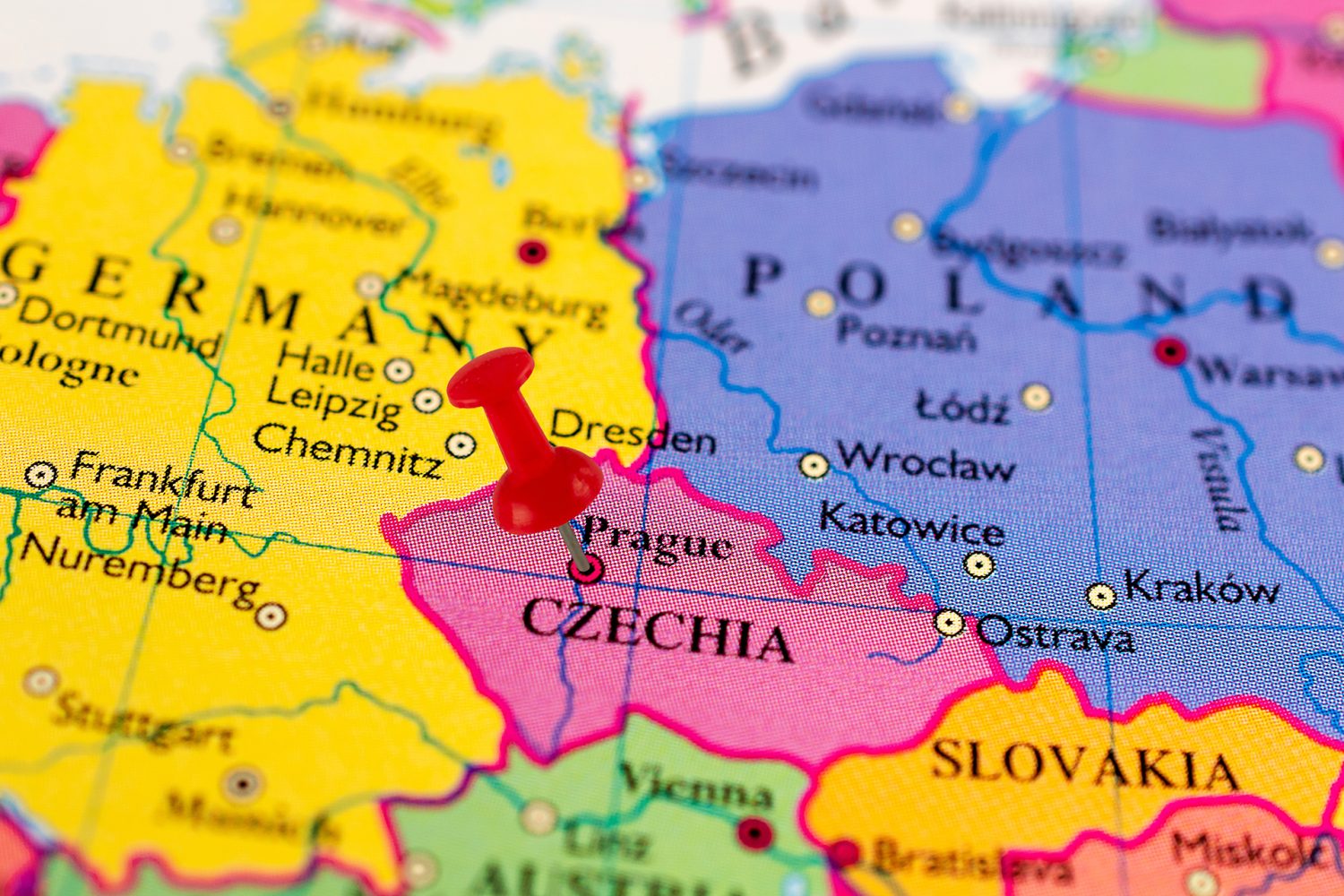
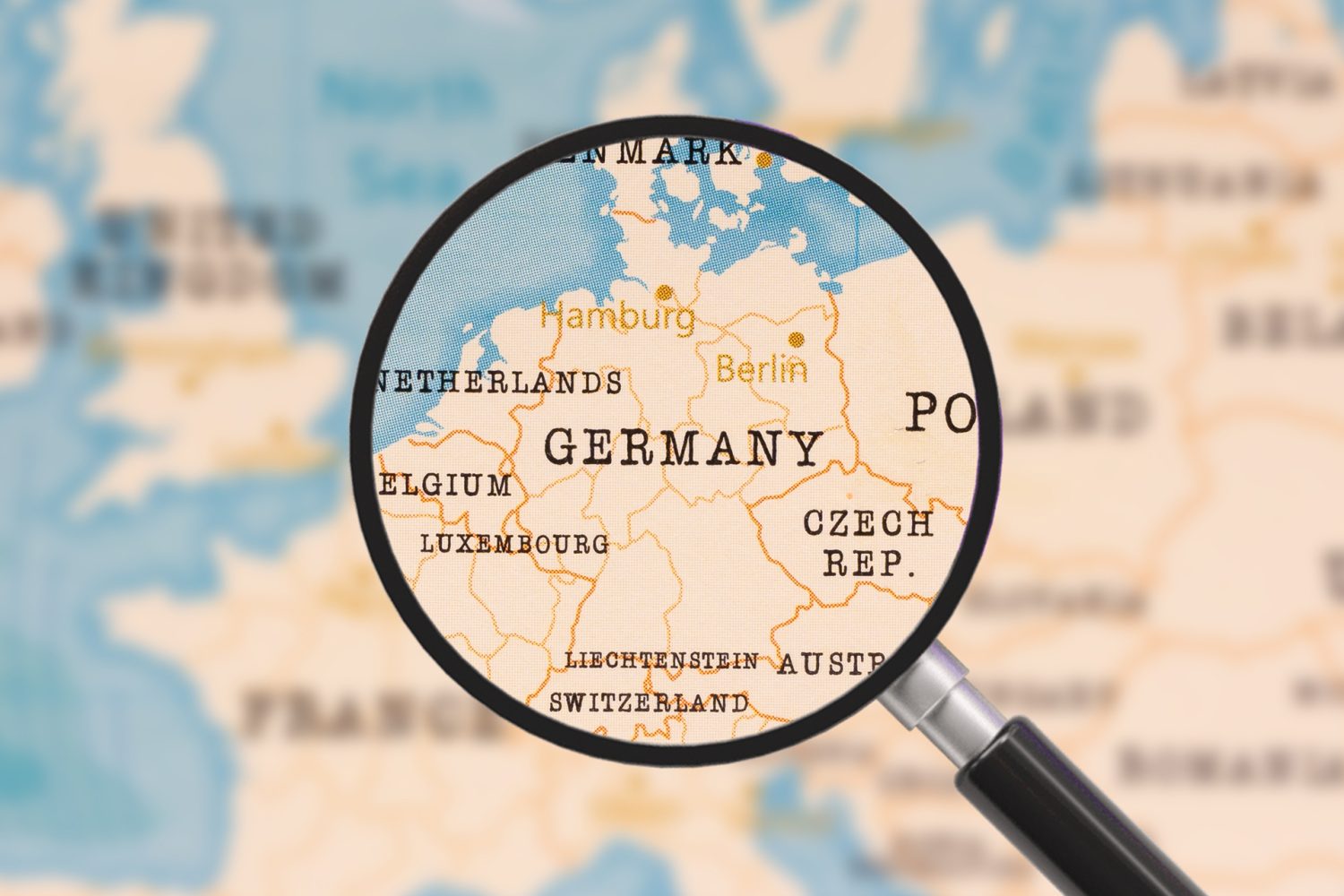
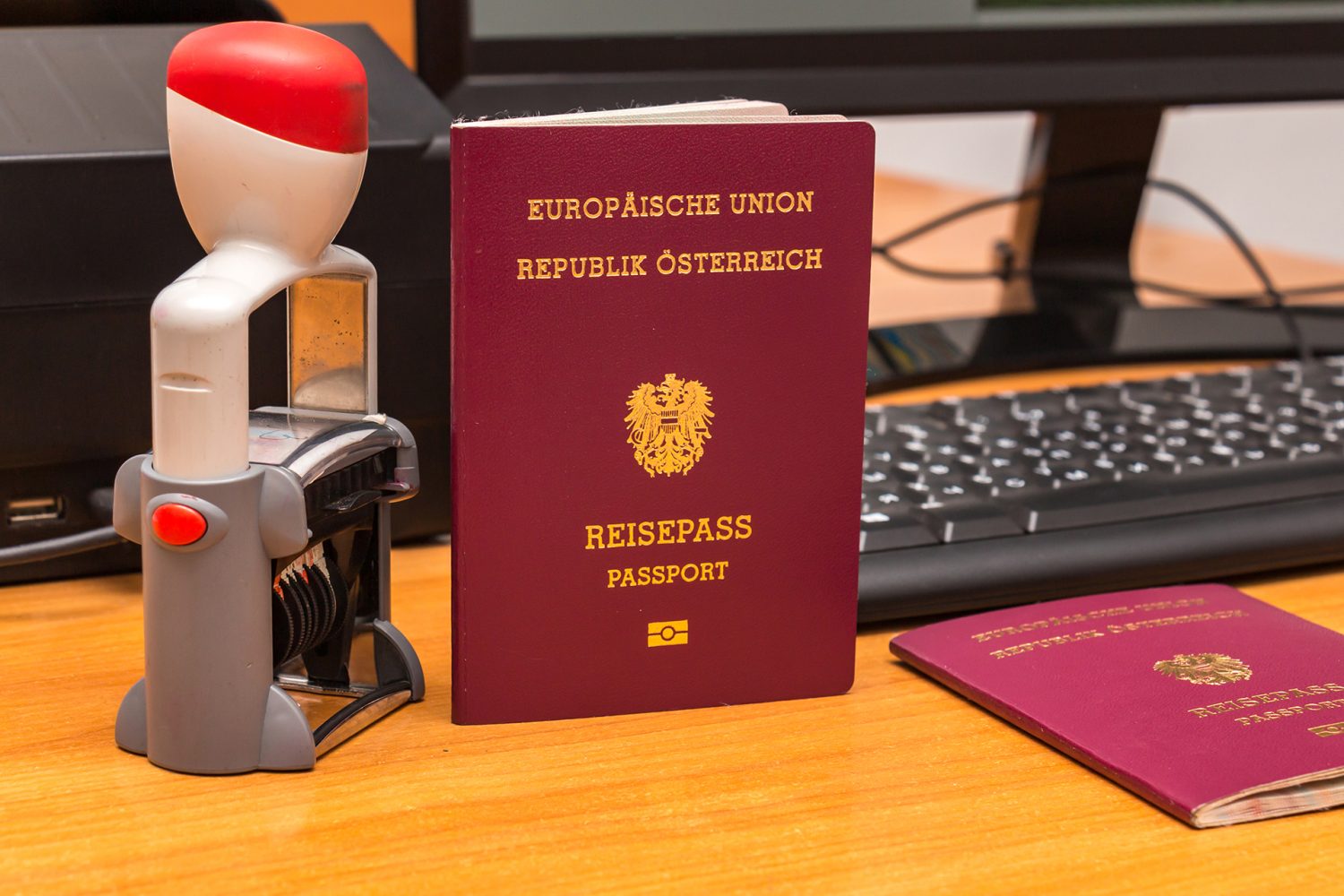
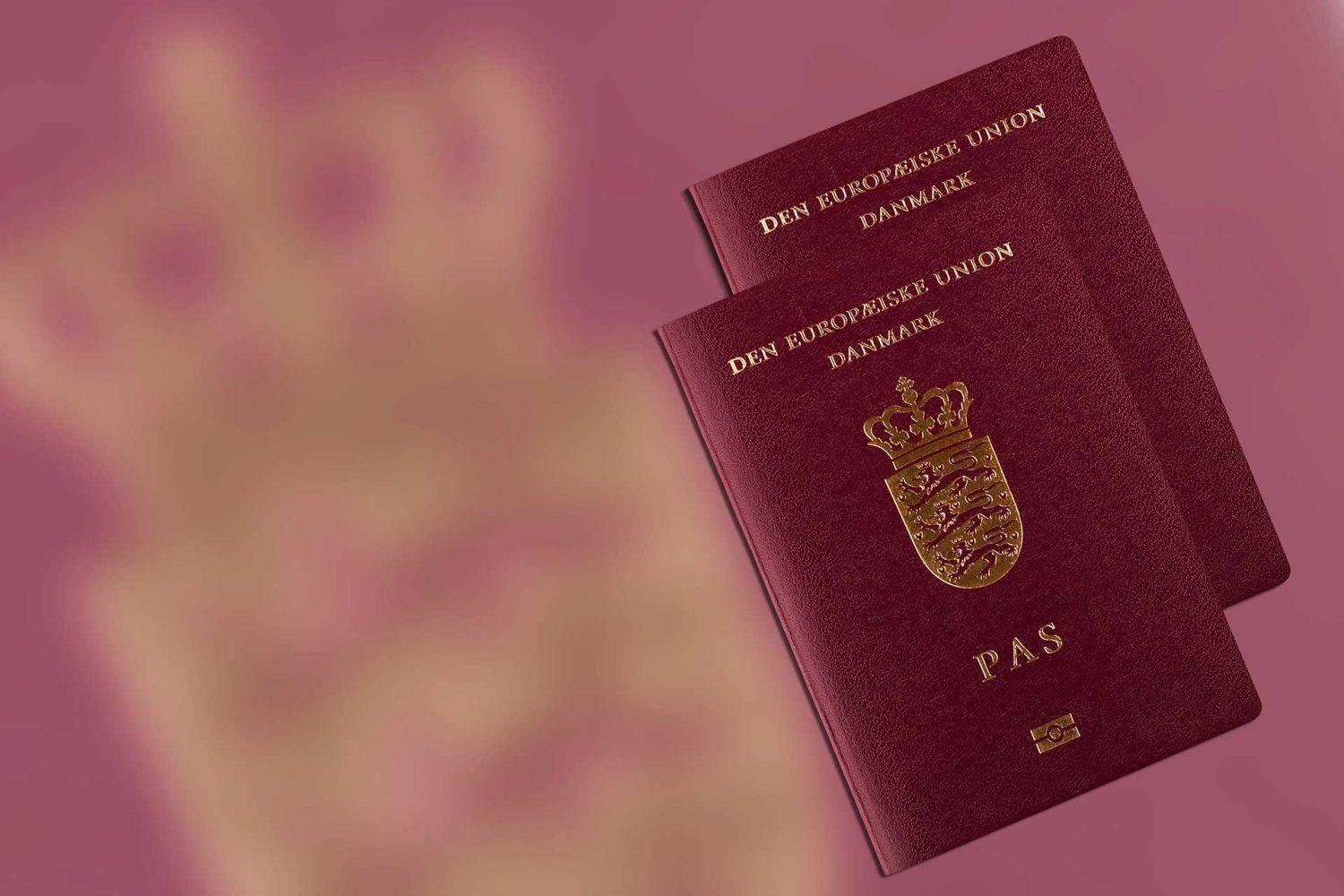
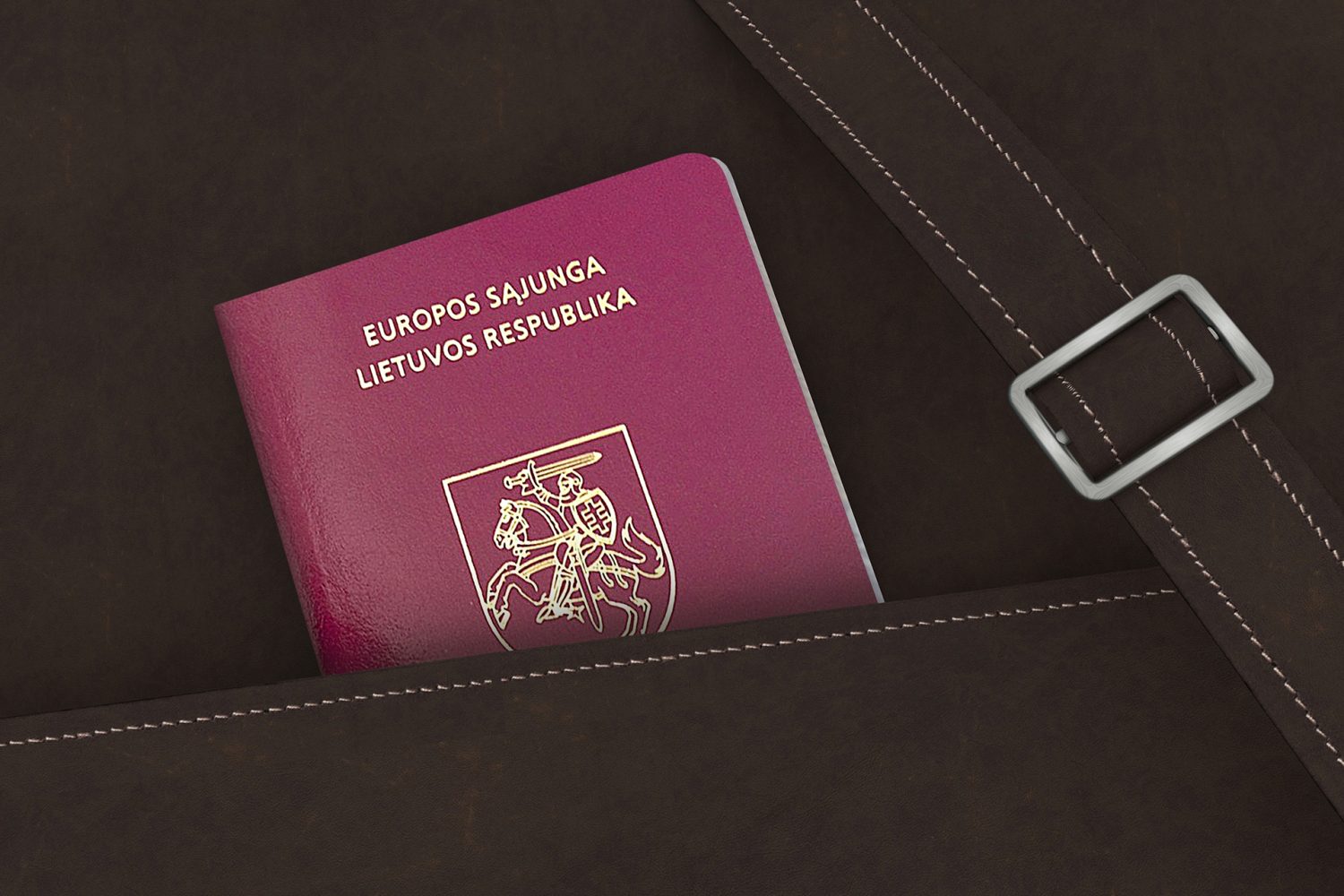

Nani Brut
Can I keep my Estonian residence permit if I work remotely for a foreign company?
Diana Weber
It depends on the type of permit. Estonia allows remote work under certain residence permits, but employment conditions and income sources must comply with immigration rules. In some cases, a digital nomad visa or a different permit may be required.